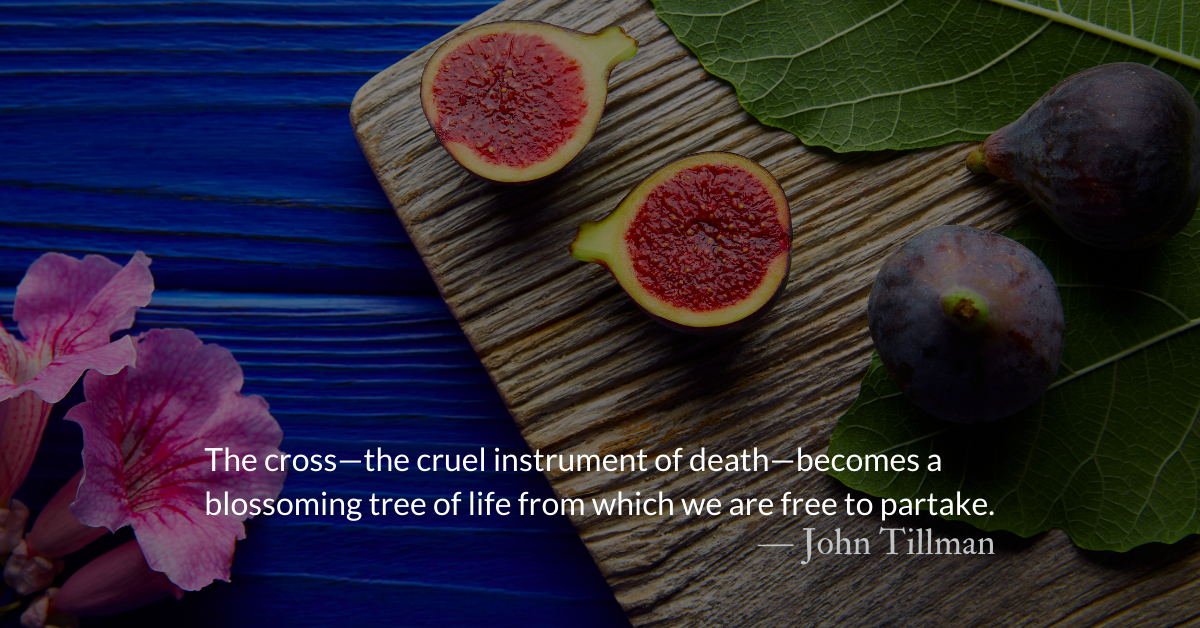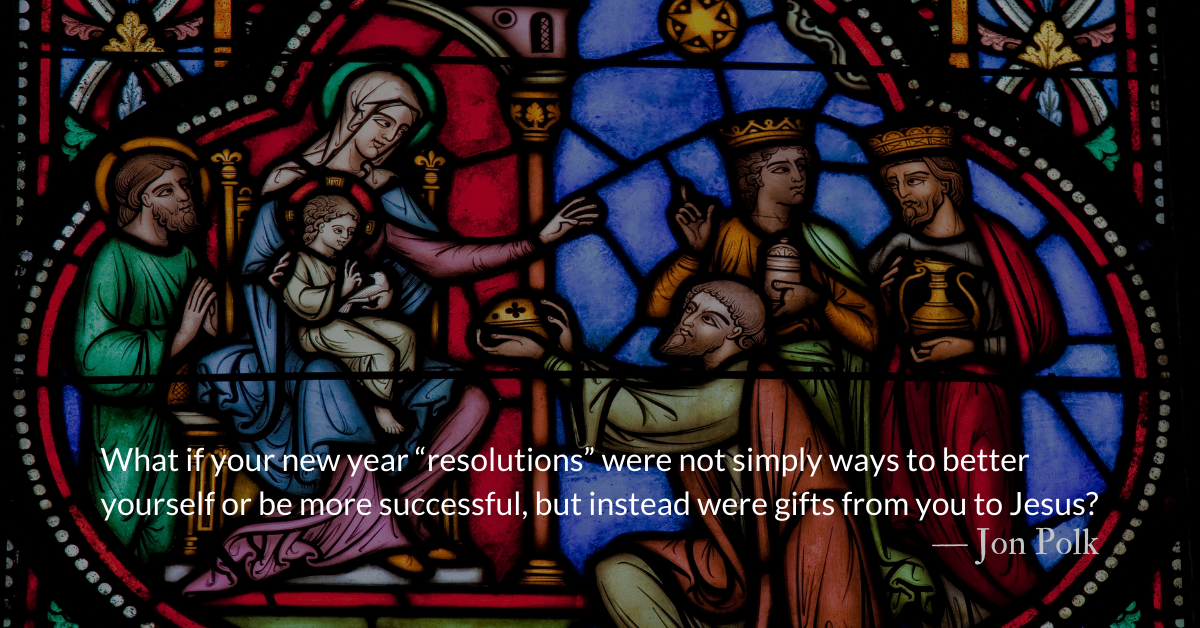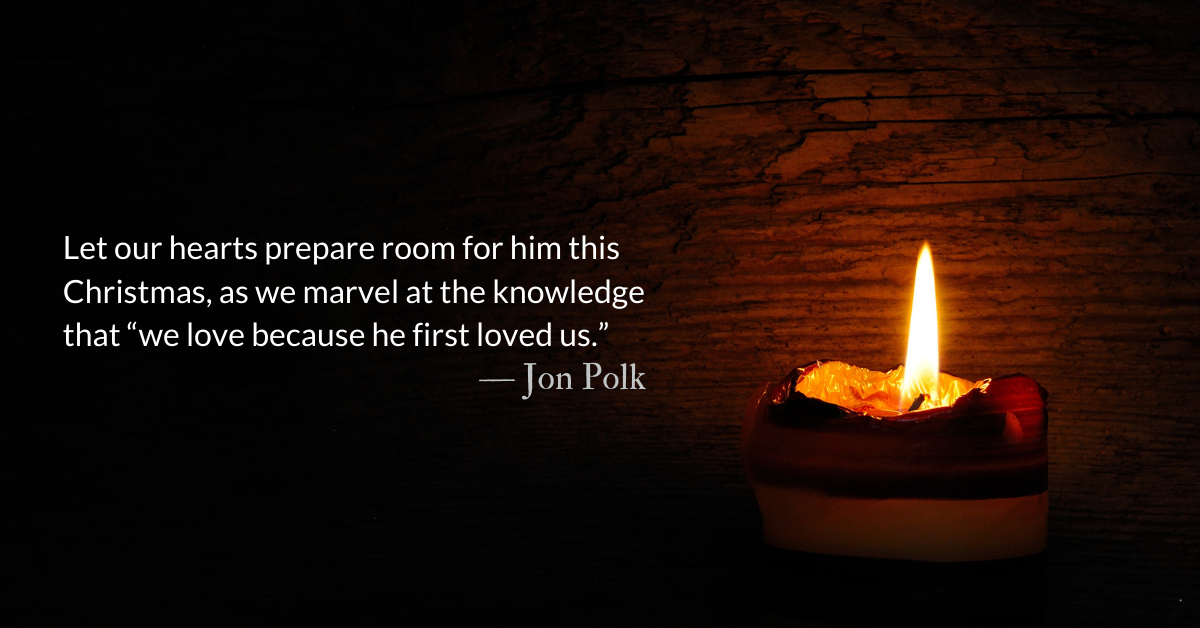Scripture Focus: Job 14.7-9, 14-17
7 “At least there is hope for a tree:
If it is cut down, it will sprout again,
and its new shoots will not fail.
8 Its roots may grow old in the ground
and its stump die in the soil,
9 yet at the scent of water it will bud
and put forth shoots like a plant.
14 If someone dies, will they live again?
All the days of my hard service
I will wait for my renewal to come.
15 You will call and I will answer you;
you will long for the creature your hands have made.
16 Surely then you will count my steps
but not keep track of my sin.
17 My offenses will be sealed up in a bag;
you will cover over my sin.
Psalm 22.1, 31
1 My God, my God, why have you forsaken me?
Why are you so far from saving me,
so far from my cries of anguish?
31 They will proclaim his righteousness,
declaring to a people yet unborn:
He has done it!
Reflection: Hope In the Tree of the Cross
By John Tillman
“At least there is hope for a tree…”
This phrase sparked a memory. I remembered the phrase, “I want to be a tree,” but I didn’t remember its source. When I looked it up I was reminded of the remarkably strange world of 80s British music videos and Tim Pope’s song, “I Want to Be a Tree.”
I’m sure I heard this song during the early days of MTV (when they used to play music) and the phrase must have stuck in my memory. Pope is most well known for his music videos for David Bowie, The Cure, and others.
Pope’s song is mostly tongue-in-cheek escapism but buried in the humorous lyrics are the roots of real issues. At first he wants to escape attention and life’s annoyances. He obliquely references the Eden narrative. He then hopes to escape “World War Three.” Today’s crisis-centered culture is fraught with uncertainty about many things but it is hard to explain how inescapable nuclear annihilation seemed to GenXers and how powerless we felt about it.
Job’s lament is more desperate and is grounded in suffering that is more intense than Pope, or most of us, ever will know. Job’s thoughts also take us deeper into the promises of God.
Job planted his hopes in God. The idea that God will raise humans to eternal life is a seed in Job. It develops in the Psalms and other scriptures and blooms in the gospels.
Today we also read Psalm 22, referenced by Jesus from the tree of the cross. It begins, like Job, questioning God’s abandonment, but ends triumphantly, celebrating God’s victory. “He has done it,” Psalm 22’s last line proclaims. “It is finished,” Christ’s last breath from the cross echoes. (John 19.30; Psalm 22.31)
Our hope is found not in becoming a tree but in laying down our lives and being transformed by the cross of Christ. The cross—the cruel instrument of death—becomes a blossoming tree of life from which we are free to partake. (Genesis 2.16; 3.22-24; Proverbs 11.30; Revelation 2.7; 22.1-2, 14)
At the roots of the tree of the cross, we find healing, peace, and power. As we follow Christ, we will become like this tree. Grafted into the Root of Jesse, (Romans 11.16-21) we bloom in deserts of suffering. We protect others under our branches and shade. We bless the earth, bringing up water of life and healing for the nations.
When grown to maturity, a Christian is like a tree. (Psalm 1.3)
Further Study: Humans are… Trees? From The Bible Project Podcast
Divine Hours Prayer: The Refrain for the Morning Lessons
Our sins are stronger than we are, but you will blot them out. — Psalm 65.3
– From The Divine Hours: Prayers for Autumn and Wintertime by Phyllis Tickle.
Today’s Readings
Job 14 (Listen – 2:23)
Psalm 22 (Listen – 3:49)
This Weekend’s Readings
Job 15 (Listen – 3:23), Psalm 23-24 (Listen – 2:03)
Job 16-17 (Listen – 3:40), Psalm 25 (Listen – 2:18)
Join us! Walk through the Bible with us…
Share this subscription link with friends, family, or your community of faith. Find joy reflecting on God’s Word!
https://mailchi.mp/theparkforum/m-f-daily-email-devotional
Read more about Praise from a Stump
In Isaiah chapter 11, we see this shamed, humbled tree being miraculously restored.











